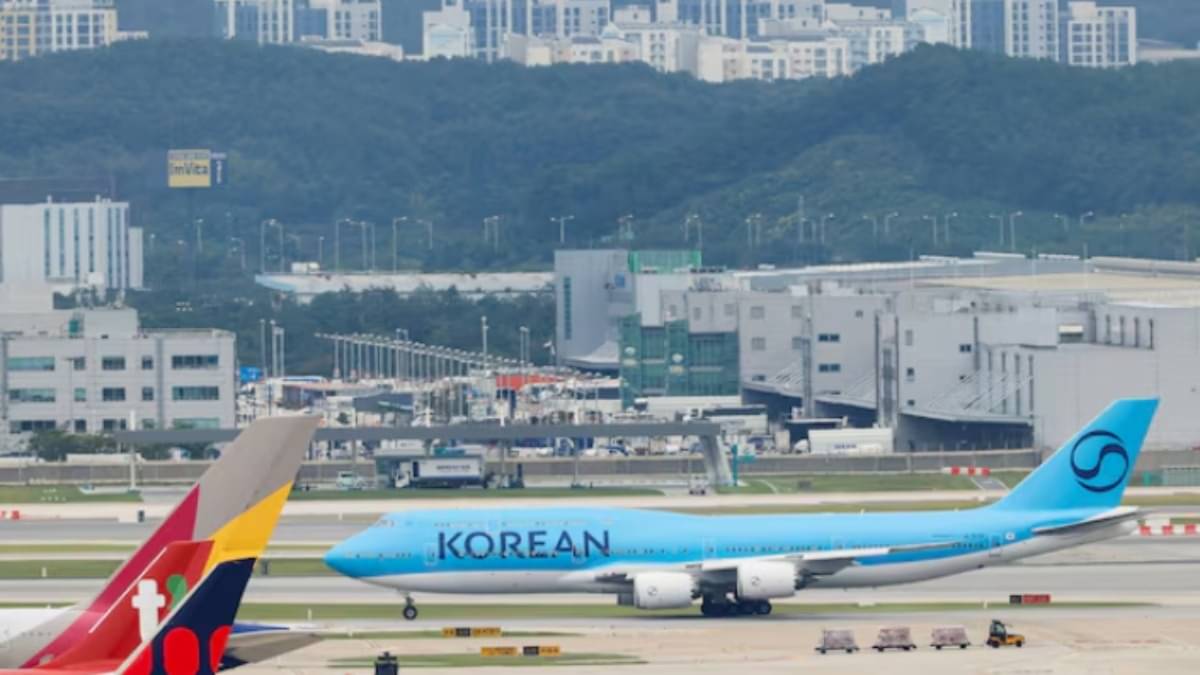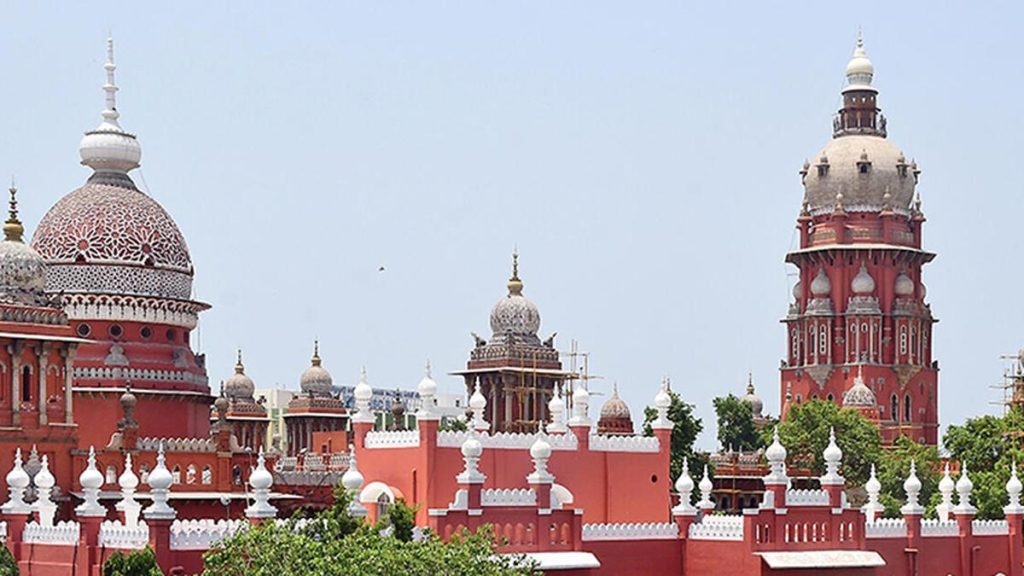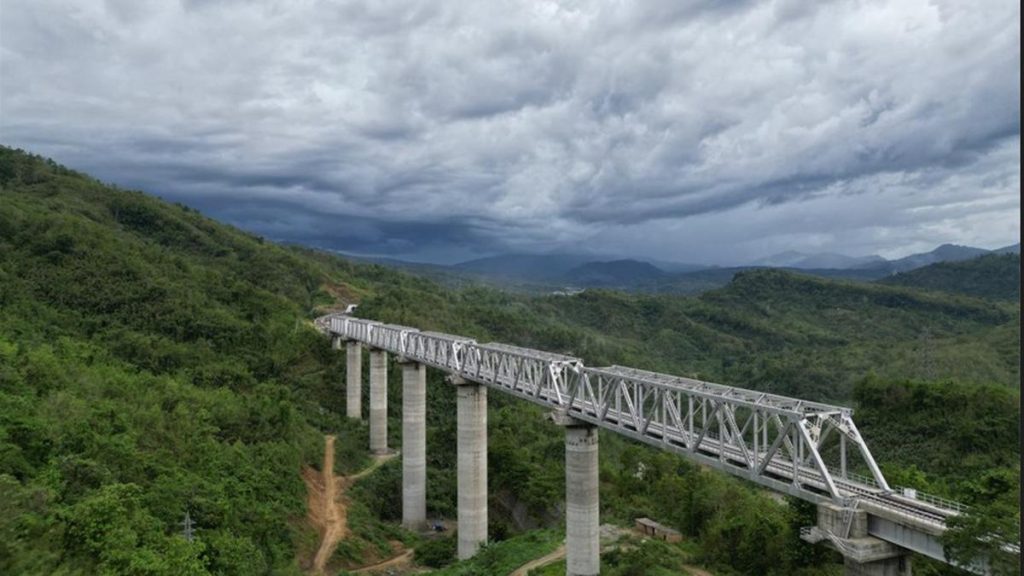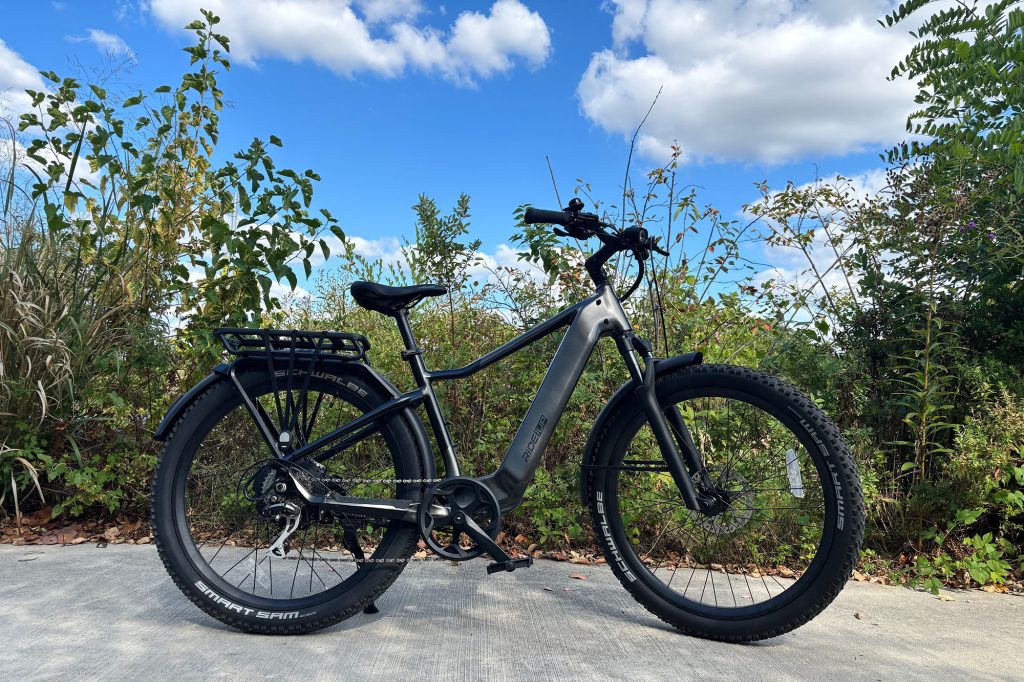Now Reading: Why South Korea Is Urging the US to Reform Visa Policies
-
01
Why South Korea Is Urging the US to Reform Visa Policies
Why South Korea Is Urging the US to Reform Visa Policies

Fast Summary
- South Korea has renewed calls for U.S. visa reform following an immigration raid at a battery plant in Georgia,which led to the detention of hundreds of its workers.
- The country’s foreign minister visited Washington to discuss establishing a new type of visa for Korean skilled workers involved in industrial projects.
- South Korean companies are notable investors in the U.S., but technical skill gaps and restrictive visa options complicate workforce allocation for their factory operations.
- Current visas (ESTA and B-1) limit work duration and scope, while South Koreans lack access to special treaty work visas available to nationals of countries like Australia or Canada.
- A working group is being considered to address these visa bottlenecks; though, prior legislative efforts have struggled due to ties between visas and broader immigration policies in the U.S.
- President Trump signaled cooperation by allowing detained workers temporary training stays in America before returning home, with future visits likely once legal conditions are settled.
- Commerce Secretary Howard Lutnick criticized poor coordination on securing appropriate visas during investments like Hyundai’s battery factory project.
Indian Opinion Analysis
the situation highlights challenges stemming from globalized manufacturing requiring highly skilled labor alongside restrictive immigration policies in host nations like the United States. For India-an emerging hub of skilled workforce exports-this advancement signals potential competitive opportunities as similar issues might align with India’s strategy of negotiating equitable terms for worker mobility abroad, especially amidst increasing Indian investment globally.
Further scrutiny indicates that collaboration between investing nations and host states is essential not only for economic growth but also regulatory transparency on immigration matters affecting bilateral partnerships-a matter highly relevant given India’s own diaspora standing worldwide.
Read More: Republic World
























